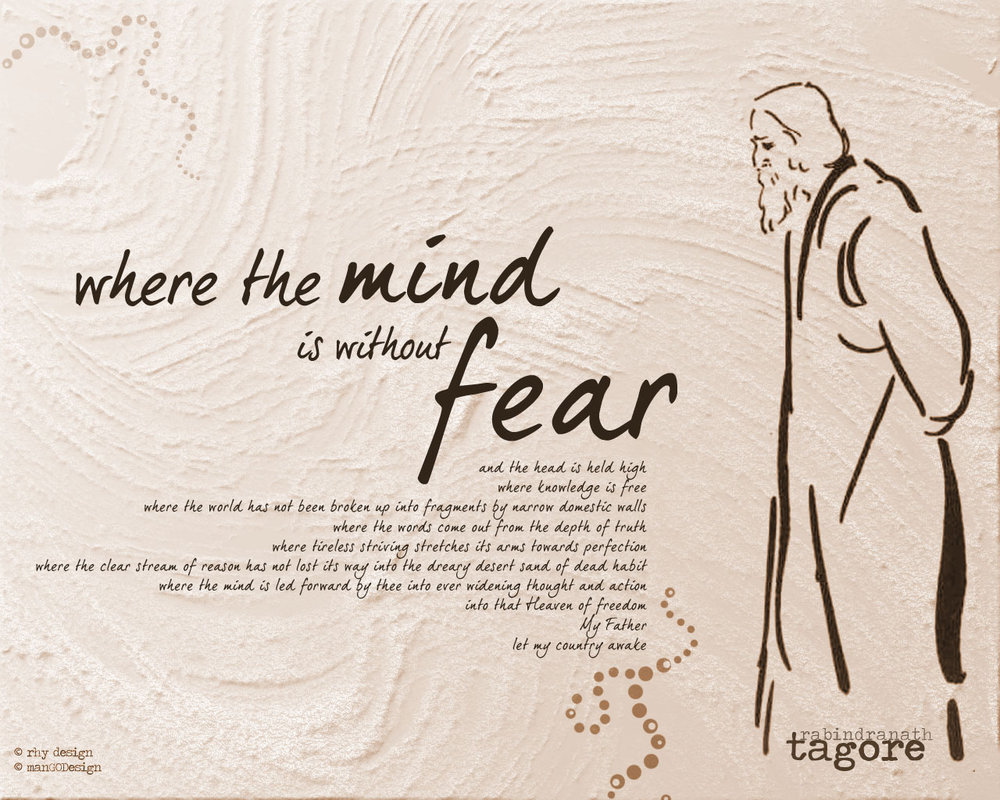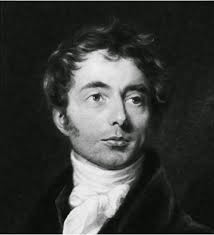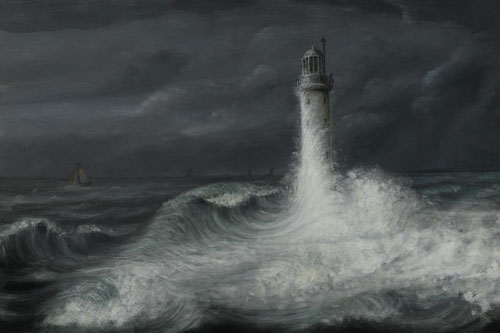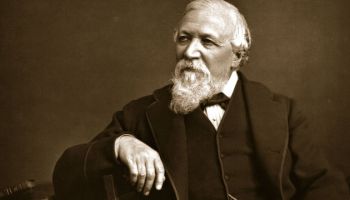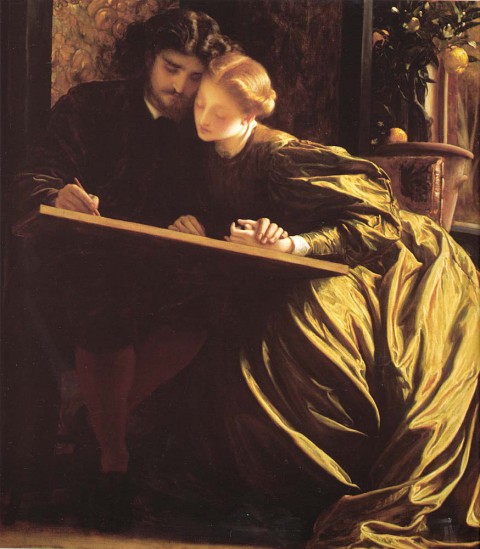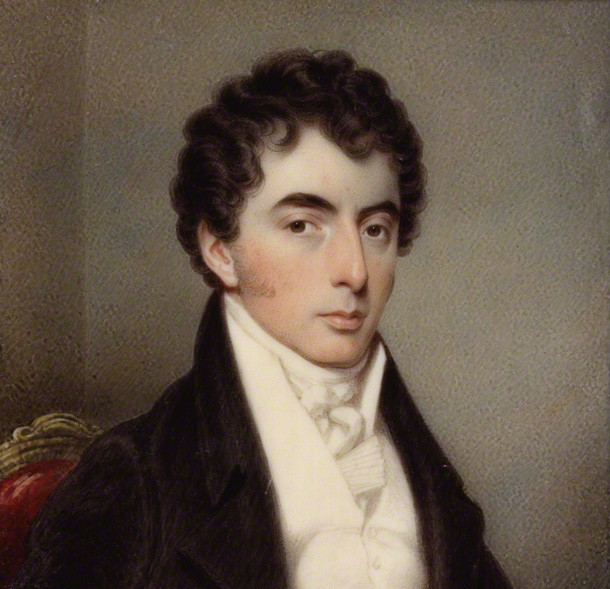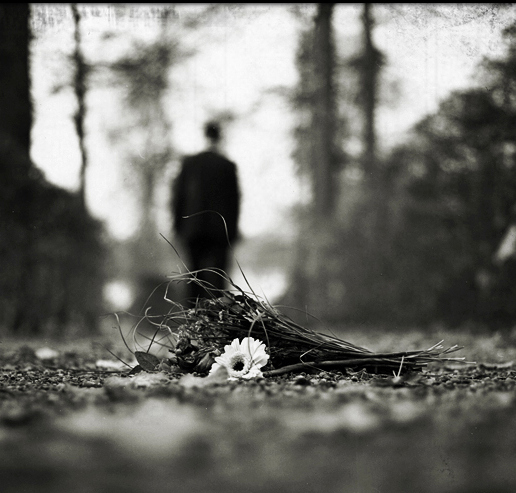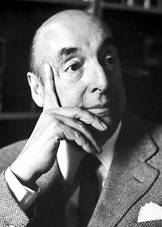POET INTRODUCTION: Roger McGough (1937-present) is an English poet from Liverpool who performs his poems publicly. A teacher and a lecturer in his early life, he was also a successful pop singer along with John Gorman and Mike McGear in a trio.
As a poet, he gained national recognition through the publication of The Mersey Sound in 1967. The Mersey Sound was an anthology of the poems of three Liverpool poets. Carol Ann Duffy, a well known Scottish poet and playwright, nicknamed him “the patron saint of poetry”.
In 1998, McCough won the Cholmondeley Award, which is an annual award for poetry, granted by The Society of Authors in the United Kingdom. Apart from being made an Officer and later, Commander of The Order of the British Empire, he was also made a Fellow of the Royal Society of Literature in 2004.
His light and unpretentious verse sometimes prevents it from being read as “serious poetry”. Some of his verse forms are said to be influenced by his habit of writing song lyrics.
POEM INTRODUCTION: Let me Die a Young Man’s Death was one of his early poems which featured in the BBC anthology of Britain’s hundred cherished poems. The poem reflects the poet’s zeal for life.
The speaker presents his light hearted view of what he desires his old age to be like and how he wishes to die. He wants his death to be of a unique kind, one which will reflect the energetic and enthusiastic life that he has lived. He does not want to die covered with white sheets and holy water sprinkled on him but desires a red sports car to knock him down when he is seventy three years old, while returning from a party at dawn. He wants to be shot by rival gangsters while getting a haircut in the barber’s chair when he is ninety one. He fantasizes being cut up into little pieces by his mistress in revenge when he reaches one hundred and four, when she catches him in bed with her daughter. He expresses once again that he does not want to die like an ordinary old person with candles and angels prevailing over the incident of his death.
In the first stanza, the speaker mocks the ordinary way that most people die when he says he does not want to die a “clean and inbetween/ the sheets holywater” death. He derides religion when he mentions his aversion for “holywater”. Neither does he want to die peacefully breathless speaking “famous-last-words”. Most natural deaths occur this way and the poet feels that it is a boring way to die.
In the next three stanzas, he states how he wants to die. He describes three instances of death which he considers exciting and wants his demise to have an element of shock and surprise in it.
In the second stanza, he says that when he is seventy three years old and in “constant good tumour”, he wants to be run over by a “bright red sports car” on his way home at dawn after partying the whole night. He comically uses “tumour” instead of writing “humour”, and the contrast between the two is evident here, sarcastically stating that he would rather spend his old age in comic vitality than wither away in sadness because of the knowledge that a tumour will finally kill him. He does not want to die regretting. The bright red sports car is a symbol of vitality and movement. The colour red also stands for passion. Again, a sports car is likely to be driven by an adventurous person. The image of the sports car, therefore suggests his drive and fervour for life.
In the third stanza, he fancies being shot by gangsters at ninety one years of age while he is getting a haircut at a barber’s shop. He imagines crooks shooting him with tommyguns. “Silver hair” means old age. He calls the crooks “hamfisted” to poke fun at them. They give him a “short back and insides”. Originally, the phrase is “short back and sides” being the name for a common male haircut. The poet wittily twists it to intend a pun. “Short back and insides” becomes representative of the body mutilated by bullets.
In the fourth stanza, he imagines being one hundred and four years of age and banned from the Cavern. The “Cavern” is a reference to a famous club. He visualises getting cut up into little pieces by his mistress, who catches him indulging in sexual pleasures with her daughter and perhaps fears a homosexual relationship between her son and the speaker. He forms a mental picture of the mistress keeping just one part of him as a memory. The sexual imagery of this stanza suggests his libido and once again depicts vigour and dynamism with which the speaker has spent his youth and wishes relive in his old age.
In the last stanza, the speaker repeats the conditions in which he does not want to die. He wants to die like a young man while having his share of adventures and action. He loathes the idea of “free from sin tiptoe in candle wax and waning death”. He does not want a life devoid of sins and he does not want his death to be a quiet one. Perhaps he mocks the concept of sin for the word “tiptoe” might contain a sentiment of stealth. Tiptoeing in candle wax suggests the absence of sound. Another image also evoked is of a candle quietly burning away symbolic of life drawing to a close. He ridicules religion again when he says he does not want “a curtain drawn by angels borne/ ‘what a nice way to go’ death”, mocking the Biblical story of the virgins and the oil lamps.
The poem is written in free verse with no regular rhyme scheme. The language of the poem is simple and written in conversational style.
The poet uses threads of words as adjectives before the word “death”, for example “not a clean and inbetween/ the sheets holywater death” or “not a famous-last-words/ peaceful out of breath death”.
He plays with and puns on the words “tumour”, “insides” to give the poem a frisky atmosphere and euphemisms to tone down the gruesome nature of his desired death, for example, “mowed down at dawn”. There is use of assonance, for example “free from sin tiptoe in”, and alliteration in “may my mistress”.
Repetition is used in the poem, for example, the word “death” is repeated seven times in the poem, and also the line “Let me die a young man’s death” which emphasises his attitude towards death.
Exaggeration is used for effect in this poem, the hyperbolical quality of the stanzas making the poem funny and light-hearted.
A lack of punctuation in the poem reflects the constant pace of the poet’s life, implying that there should be no pause of fatigue in it.
Some online learning platforms provide certifications, while others are designed to simply grow your skills in your personal and professional life. Including Masterclass and Coursera, here are our recommendations for the best online learning platforms you can sign up for today.
The 7 Best Online Learning Platforms of 2022
- Best Overall: Coursera
- Best for Niche Topics: Udemy
- Best for Creative Fields: Skillshare
- Best for Celebrity Lessons: MasterClass
- Best for STEM: EdX
- Best for Career Building: Udacity
- Best for Data Learning: Pluralsight
